What a question! If you just want to quickly move on, then: Arabica. There you go. Simple. If you want to know a little more about these two varieties, then read on.
Robusta beans are round, rather than the typical 'coffee bean' shape of Arabica beans, but I guess the important thing to know is that there is a big difference in the quality of the coffee you get from each of these two plants. Robusta, as the name suggests, is very robust. It can be grown much more easily in warmer climates, it is more resilient to insect damage and disease. This means that it can be grown at lower altitudes and farmers can produce the coffee much more cheaply and with less risk of losing a crop.
Arabica on the other hand is much more difficult to grow. It requires a cooler climate (typically found at higher altitudes), and is more susceptible to insect damage and disease. But, the rewards of Arabica are a more complex flavour profile and a much more pleasing taste.
The reasons that Robusta doesn't taste as good are the same reasons that it is easier to grow. It typically has twice the caffeine content of Arabica - making it less tempting for insects. It also has a more bitter and rubbery taste thanks to the higher acid content. Both of these things make it more resilient, less complex in its flavour profile, and to be honest ... just not as nice.
To be considered a speciality coffee, the bean variety must be Arabica. For more on how coffee is graded, check out our Speciality Coffee Quality Scores Explained article.
So, who would use Robusta and why is it even grown at all?
Well, Robusta is typically blended into instant coffees. The fact that Robusta is easier to grow, makes it a cheaper alternative to Arabica and makes it more attractive to 'Big Coffee' companies.
Robusta beans are typically collected mechanically, rather than selectively picked. This means that over- and under-ripe coffee cherries are collected indiscriminately. To hide or mask the less-than-pleasant flavour, and to make batches more homogeneous, industrially produced coffee is typically over-roasted (or burnt). This results in a stronger, more bitter and unpleasant flavour in our opinion - but we are biased because of the wonderful flavours of our freshly roasted speciality coffees.
Now, just because it's Arabica, doesn't mean it wasn't mechanically harvested and burnt to a cinder. A certain amount of investigation is required. But, if you know a great, independent roastery (e-hem), they'll know their beans. Ask them.
A lot of coffee shop chains use Arabica beans, but:
• Where are they from?
• How old are they?
• When were they roasted?
• To what level?
A lot goes into that cup, and each element will change how great it tastes. Take a look at our Best Coffee Tasting Guide for more on that.
Selectively collected Arabica can be roasted to the point where it will deliver its best flavours. Especially when you buy freshly roasted, the flavours available in Arabica bring your coffee to another level. If you have been trained by Big Coffee to expect a strong, dark, bitter, rubbery flavour in your coffee, you will be surprised by how much flavour there is to be found in great speciality coffee.
Unfortunately, the focus on higher profits and volumes means that mass production coffee companies are forcing farmers to produce more, for less. This means there is a large incentive for farmers to produce the inferior Robusta variety - they need to make a living, and it's an easier, safer choice when it can be grown in warmer climate and is more resistant to insect and disease.
Climate Change Challenges
With the rising climate temperatures, the amount of available land for growing Arabica is shrinking. This makes it more difficult for producers to grow Arabica, and even more tempting to play it safe and plant Robusta. When your quality of life depends on producing as many beans as possible, wouldn't you play it safe with an easier crop of resistant Robsuta plants? Arabica is a risk for the farmers and their families.
At Recent Beans, we are very careful about the coffees we choose. Read about Rainforest Alliance Certified Coffees and how we select what we feel is best.
If we want to protect our great coffee for the future, we need to source it ethically from sustainable sources. We need to be okay with paying a little more for quality so that producers can continue the treacherous job of nursing Arabica plants into producing great quality beans for us. All of this whilst being mindful of our impact on the environment.

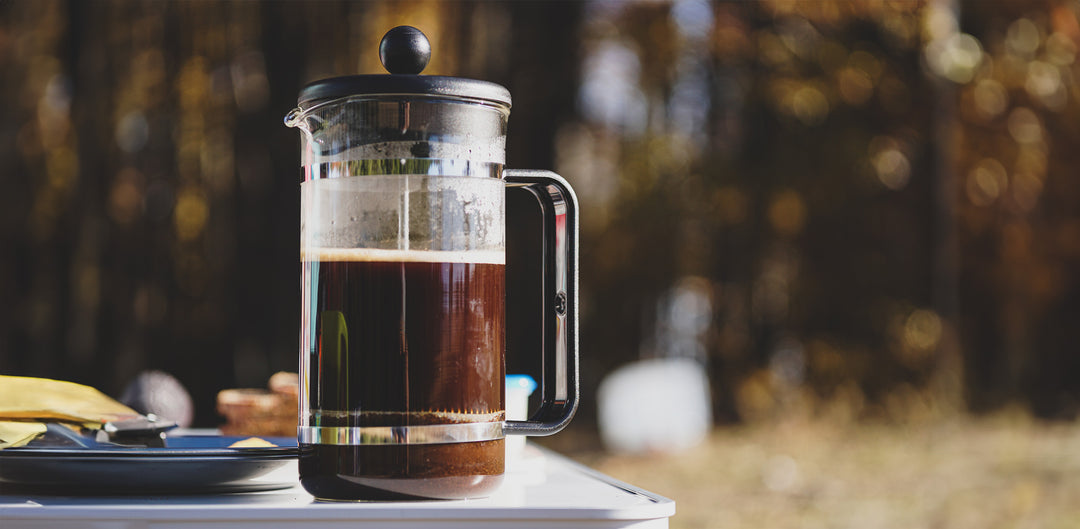
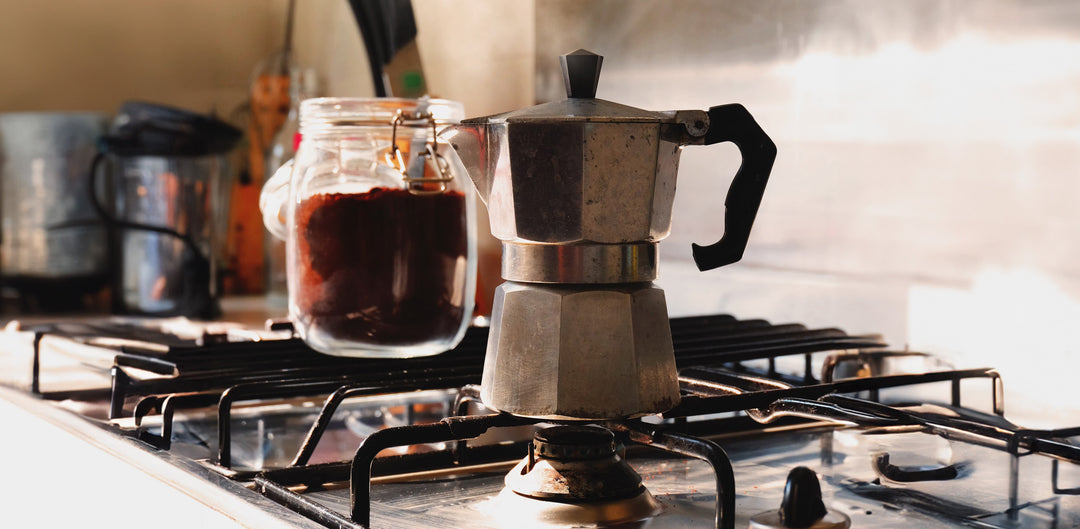
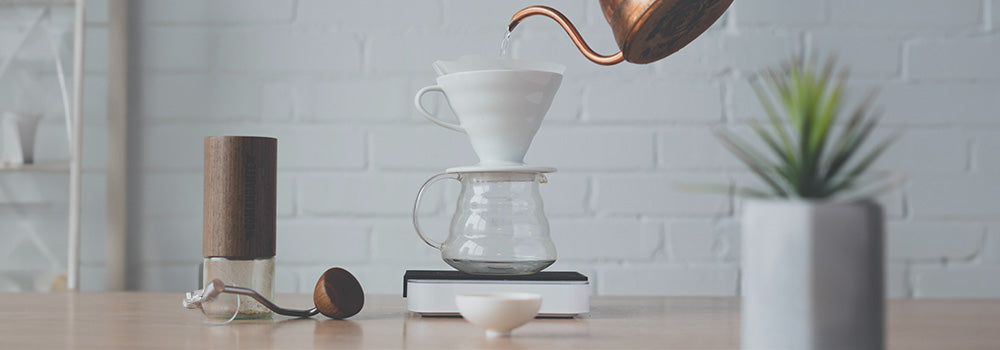
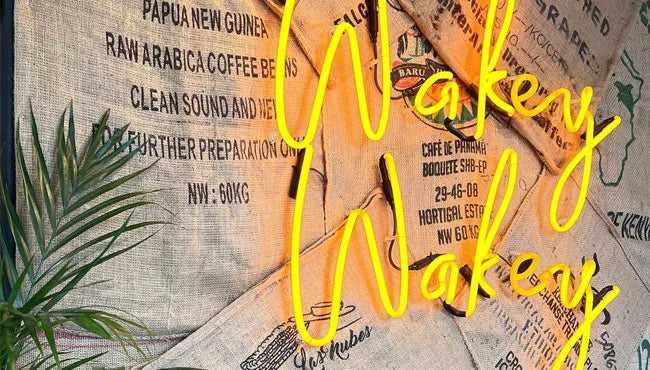
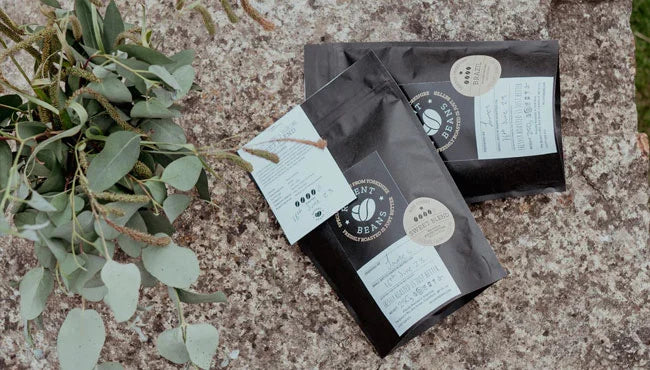
Leave a comment